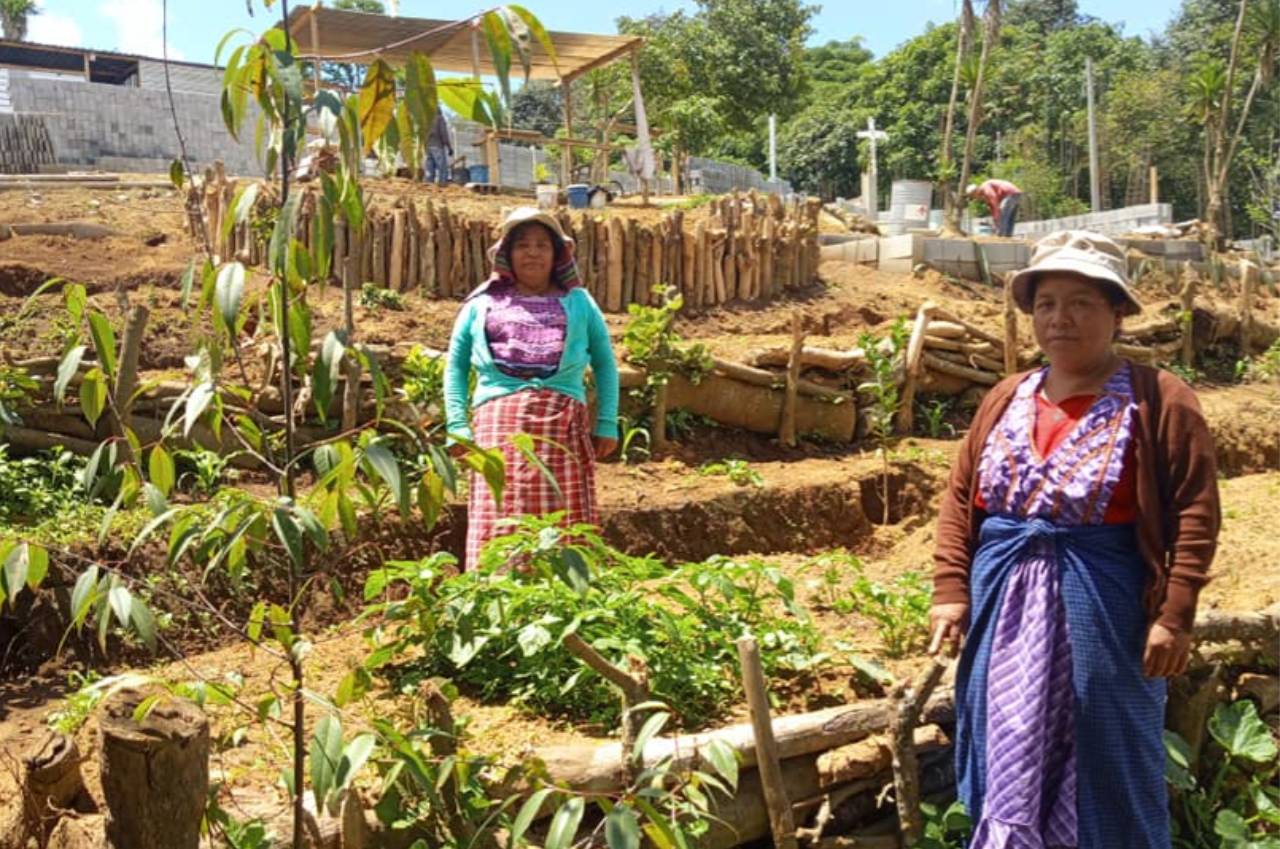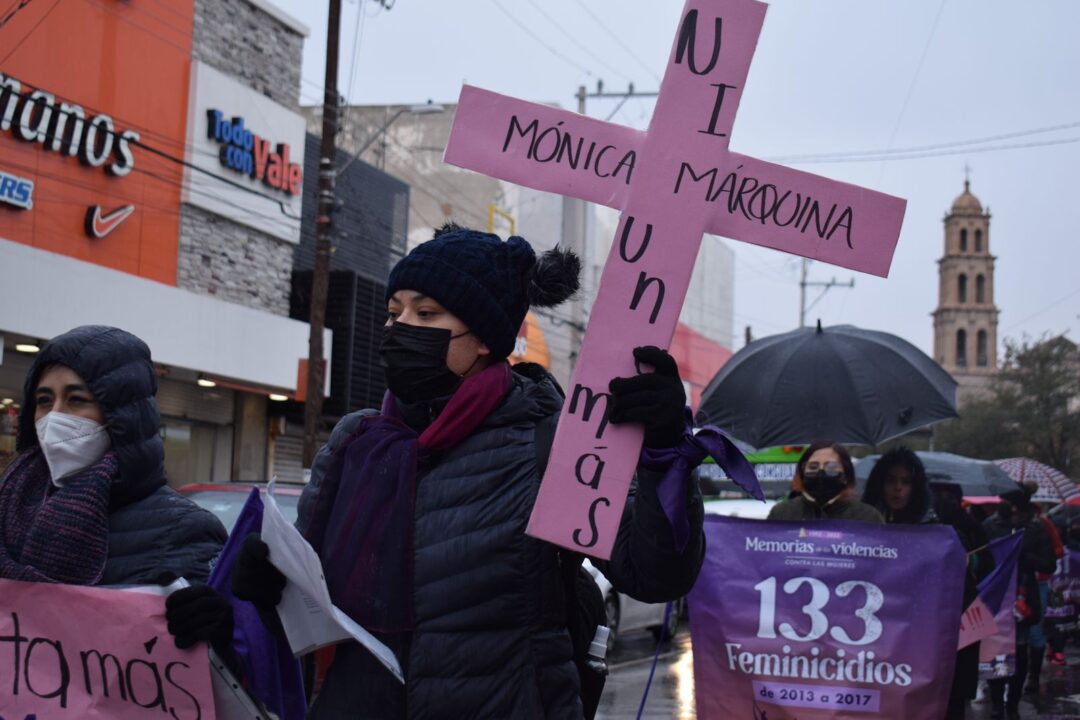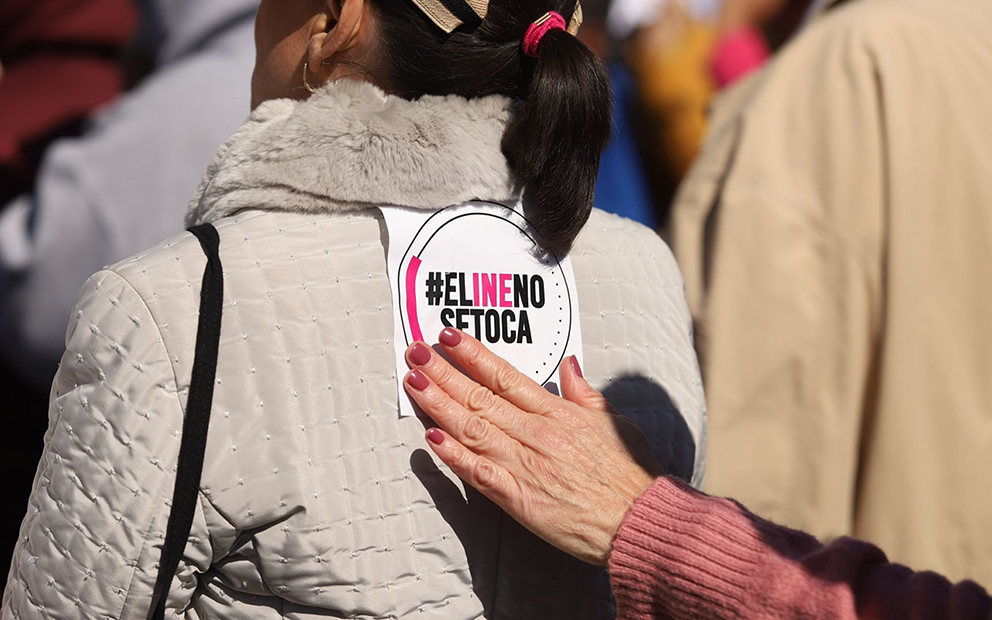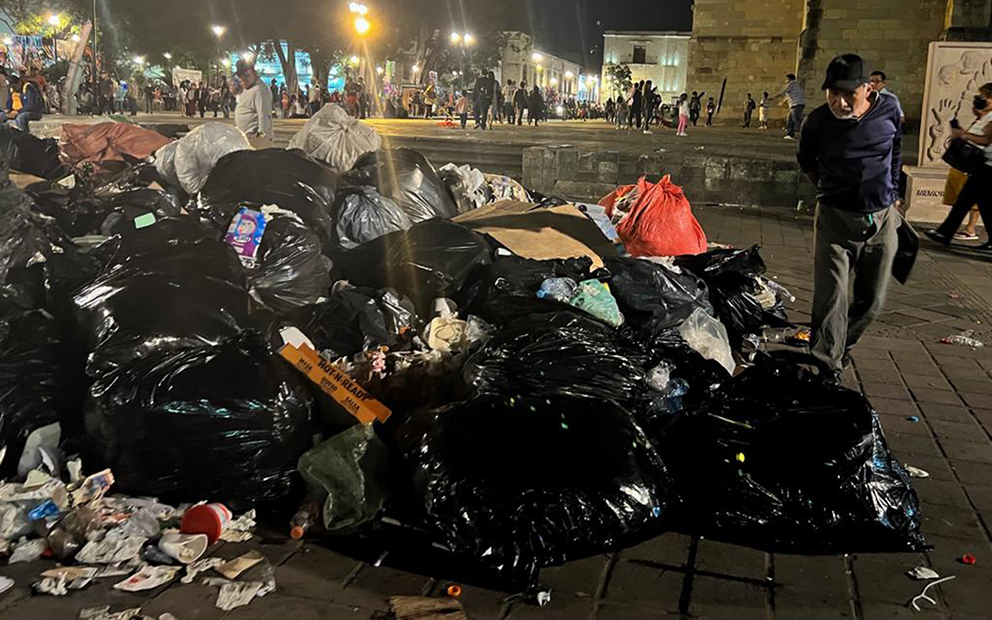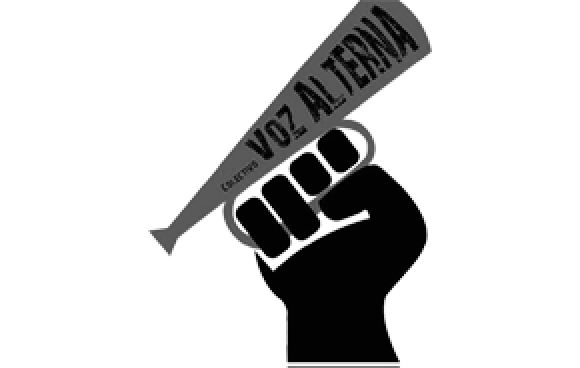Rural Indigenous and peasant women from Mexico, Guatemala and Peru expressed concerns about the combination of patriarchal views and extractivism, which is reflected when companies negotiate with community leaders without taking women into consideration
Text by Alma Martínez for Chiapas Paralelo, originally published October 17, 2021.
Photo by Mujeres de AFEDES (Women of AFEDES).
Translated by Elysse DaVega for Pie de Página in English.
CHIAPAS– On October 15th, International Rural Women’s Day, the Simone de Beauvoir Leadership Institute organized a conference titled «Women Land Defenders: Action and Resistance» with the goal of reflecting on the actions and strategies that Indigenous and peasant women of Mexico, Guatemala and Peru employ on a daily basis to promote sustainability in their lives, their communities, and the defense of their territory. The conference also sought to bring attention to the practices they’ve used to deal with COVID-19.
Milvian Aspuac, a member of the Women’s Association for the Development of Sacatepéquez (AFEDES) in Guatemala, explained that changing how they think is the first act of resistance in the defense of their territory; because practices can’t change without mindsets changing first. This involves reminding their peoples of their history, their roots and their cosmovision.
The second action requires questioning the system in which they live: the ways they can reproduce capitalism, classism, the patriarchy, the sexual and racial division of labor, modes of consumption, and power relations. From there, they develop everyday measures to counteract these forms.
Aspuac said that to achieve Indigenous communities’ self-determination, it’s important to carry out several different actions, not as alternatives, but rather as a central part of the communities’ lives: growing their own food, crafting their own clothing, and practicing ancestral medicine.
To that end, she added that women are the ones educating themselves and developing these actions; however, when it comes time to defend their territory, they run the risk of being criminalized, censored, and limited.
Most women from communities are subjected to racism, she said, due to the prejudice that they’re uneducated and can only handle domestic tasks.
She also emphasized the contribution of Indigenous women and community labor to their countries’ economies. Still, precarity is worsening; when there’s no work, the State can bring the extractive industries into their territories as a way to create jobs.
«We’re worried that this development-centered view will change our communities’ ways of life. They want to switch subsistence farming for commercial farming, do away with ancestral practices and foster greater dependence on seed and agrochemical companies, and turn our forests into places of competition and production. They’re chopping down trees and planting avocados, arguing that that will protect the watershed,» she expressed.
Aspuac also said that during the pandemic, women’s duties have increased: from handling their children’s education to ensuring there is food on the table when their husbands lose their jobs. For this reason, women often don’t have time to develop their own projects and actively participate in defending their territory.
Nancy Fuentes, a member of the Latin American Women’s Network for the Defense of Social and Environmental Rights, a group in Peru, pointed out that over the years, women land defenders have performed several acts of resistance: coordination between national and international collectives, alliances with civil society, circles to discuss and strengthen feminine leadership, campaigns, public statements, meetups, demonstrations, walks for life, and referendums to slow extractive activity.
In the same manner, they’ve carried out legal actions to withdraw concessions granted to companies without first considering the communities’ input. They’ve also promoted the recovery of cultural practices, which involves returning to traditional wisdom.
To her, there is no environmental justice without gender justice, which is why, she says, it’s concerning that a patriarchal outlook is mixing with extractivism. This occurs when companies negotiate with community leaders without considering women, and without regard for the fact that it’s women who suffer at the hands of the mining industry and contamination. This further feeds into a vicious circle of men making deals with men, without the state guaranteeing the protection of their rights as women defenders.
«Human rights violations, especially those concerning women in extractive conflicts, have increased due to armed violence that these countries have experienced for decades– violence that now comes together to control the bodies of women who oppose extractivism,» she said.
Regarding the COVID-19 pandemic, she declared that, in the State’s absence in rural communities, it’s been women and their organizations that have undertaken communal care, security, and spiritual strength. Further, the recovery of wisdom and the ancestral use of medicinal plants have helped to mitigate the consequences of the virus.
Laura Aguilar, a member of Tochan Nuestra Casa from Puebla, Mexico, said that it’s crucial that the care and defense of the territory are approached from the point of view of women. It’s important to bring more awareness to their organization, resistance, and fight in the protection of themselves and their communities.
She added that, although there’s still a lot to be done, women are constantly taking defensive actions to protect their territory. In the case of Tochan, they carry out shared exchanges of knowledge and goods, using the eco-market as a space to make their work seen. In a context where there is a common underestimation of ancestral wisdom, they seek to revive it by implementing it in their families and communities.
Fighting patriarchy
At the conference, a video called Exchanging Wisdom was presented to show the community practices that Tochan Nuestra Casa practice in their territory.
The video tells of how women develop support networks with other women, creating a united front to protect and support one another in defending their land. In their case, this journey begins with caretaking of the Scaptotrigona bee, which represents health, life, and their territory.
The Simone de Beauvoir Leadership Institute also presented a report titled Caretakers of Life and the Land: Strategies for action and resistance in cases of harassment and dispossession. The report covered rural women’s current situation and the strategies they employ to face the conditions common to rural (peasant and Indigenous) lands.
According to Paola Patiño and Pilar Arres, the two authors of the report, rural women are vital and irreplaceable participants due to their work in caring for, protecting and preserving the ecosystem and the natural resources in their communities. Further, women take charge of domestic tasks and care for their family and community, performing activities essential to stability, wellbeing, and sustainable reproduction.
Many of them, as part of their daily labor, work the land in their front-yard vegetable gardens. This contributes substantially to food sovereignty, despite the fact that less than 30 per cent of them actually own the land upon which they work.
The authors made clear rural women are defenders of their territory and natural resources. It is they who have often faced large corporations and warded off outsiders from companies seeking to implement extractivist development projects in their towns and territories.
In addition, many of them work against traditions and cultural and social practices that promote a patriarchal and colonial system. Such a system obstructs the recognition and value of their family, community, and territorial contributions. It also obstructs their access to the rights and services equal to those of men.
This report was originally published in CHIAPAS PARALELO, which is part of the Media Alliance organized by Red de Periodistas de a Pie. You can read the original here.
Click here to sign up for Pie de Página’s bi-weekly English newsletter.
Ayúdanos a sostener un periodismo ético y responsable, que sirva para construir mejores sociedades. Patrocina una historia y forma parte de nuestra comunidad.
Dona

